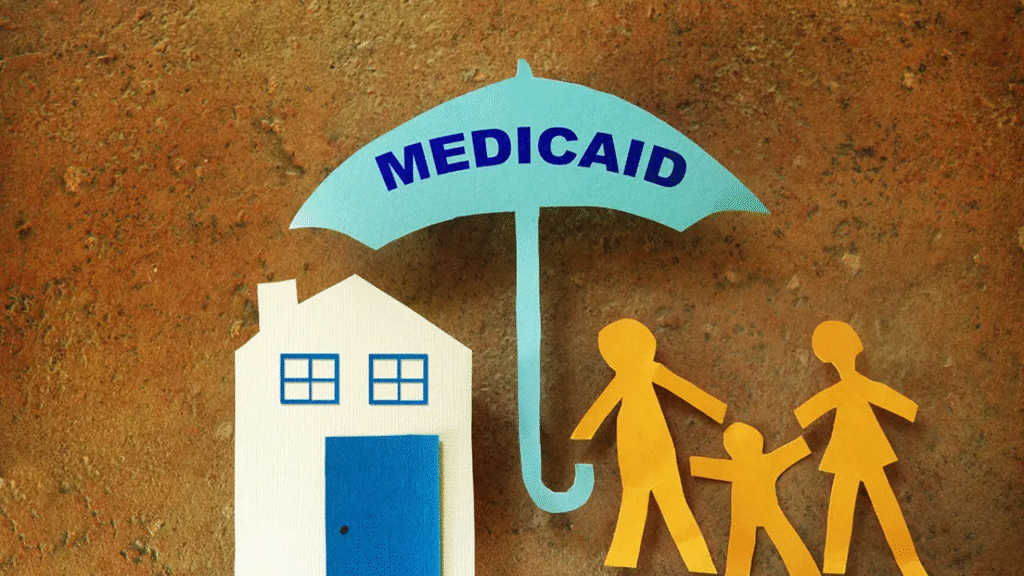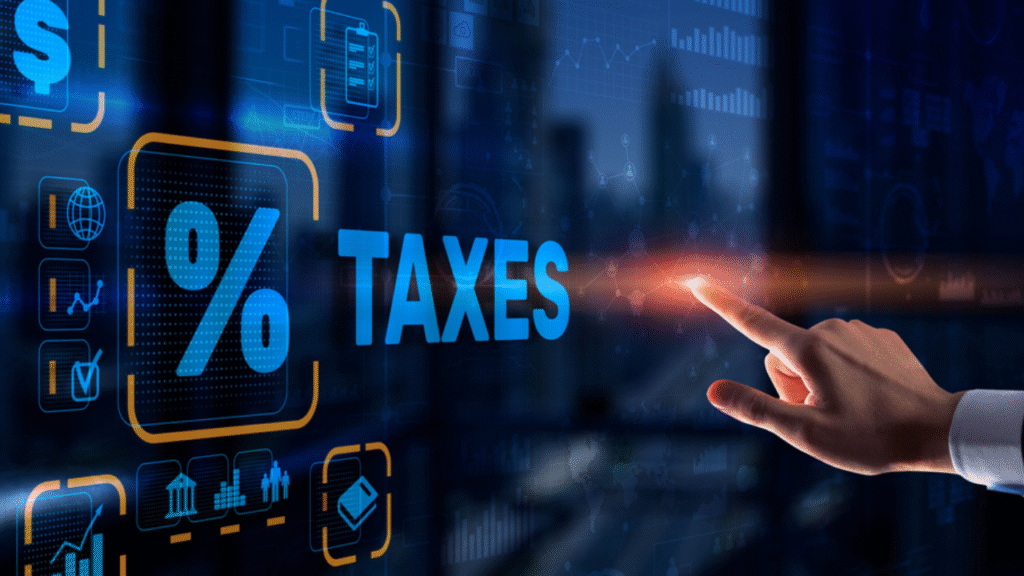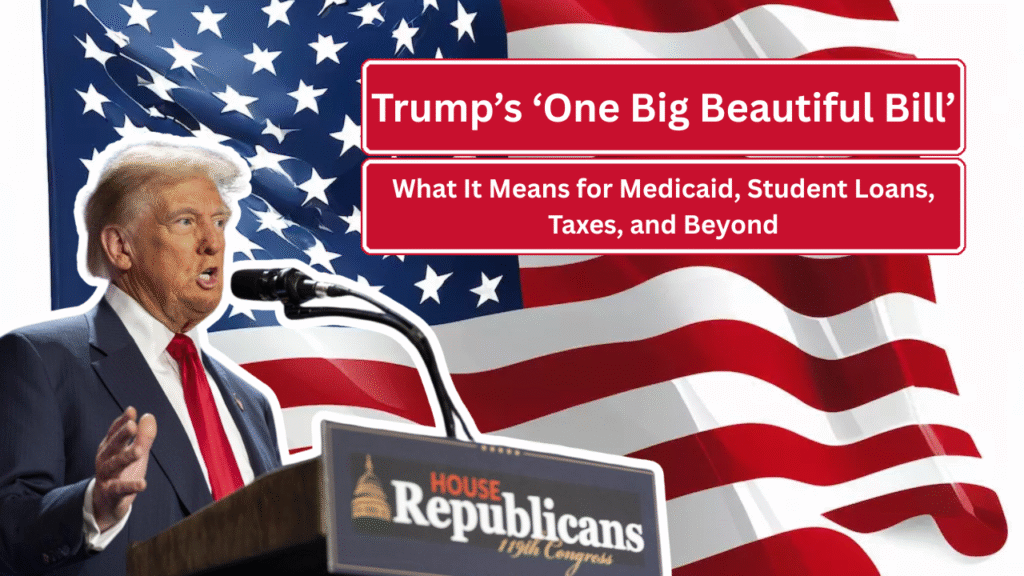Former President Donald Trump has proposed a sweeping legislative package dubbed the “One Big Beautiful Bill” (OBBB), aimed at reshaping key areas of U.S. social and fiscal policy. This ambitious bill covers a wide range of issues, including Medicaid, student loan forgiveness, tax policies, and healthcare programs. If enacted, the bill would significantly alter how many Americans receive benefits and pay taxes.
This article breaks down the main components of the bill and what they could mean for everyday Americans.
Medicaid: Potential Cuts and Eligibility Changes

Medicaid, the government program providing health coverage to low-income individuals and families, could see major changes under the OBBB. The bill proposes tightening eligibility requirements and reducing federal funding for Medicaid programs in several states. This could result in millions losing coverage or facing higher costs for healthcare.
Currently, Medicaid serves over 80 million Americans, including children, pregnant women, seniors, and people with disabilities. The program is jointly funded by states and the federal government, and it provides critical access to medical care for vulnerable populations.
Critics argue that proposed cuts would jeopardize the health of many who rely on Medicaid for essential services. Supporters say the bill aims to reduce government spending and promote personal responsibility.
Student Loan Forgiveness: Rolling Back Biden-Era Programs
One of the most controversial aspects of the OBBB is its proposal to repeal or severely limit student loan forgiveness programs initiated under President Biden. These programs have aimed to reduce the debt burden for millions of borrowers through loan cancellation or expanded income-driven repayment plans.
The bill would cancel ongoing forgiveness efforts, potentially reinstating stricter repayment requirements and harsher consequences for borrowers who fall behind. This change could increase financial strain on millions of Americans carrying student debt, especially those from low- and middle-income backgrounds.
Currently, federal student loan borrowers can access various repayment options through the U.S. Department of Education’s Federal Student Aid program, including income-driven plans and public service loan forgiveness. The OBBB would roll back many of these protections.
Taxes: Changes for Individuals and Businesses

The bill also proposes significant tax reforms affecting both individuals and businesses. These include:
- Eliminating certain tax credits: The bill seeks to reduce or eliminate tax credits aimed at low- and middle-income families, such as the Earned Income Tax Credit (EITC) and Child Tax Credit (CTC). This could result in higher tax burdens for many working families.
- Adjusting corporate tax rates: The proposal includes lowering corporate tax rates to encourage business growth and investment. While supporters say this would boost the economy, opponents worry it could increase income inequality and reduce federal revenues for public programs.
- Repealing parts of the Affordable Care Act tax provisions: The bill aims to eliminate some taxes associated with the ACA, potentially affecting funding for health insurance subsidies.
Tax policies are complex and affect millions of Americans in different ways. Changes proposed by the OBBB would require careful consideration of both short-term impacts and long-term fiscal sustainability.
Other Social Programs and Impacts
Beyond Medicaid and student loans, the OBBB also addresses other federal programs, including:
- Food assistance programs: The bill suggests stricter eligibility rules for programs like SNAP (Supplemental Nutrition Assistance Program), potentially reducing benefits for some low-income households.
- Housing assistance: Proposals include cuts or restructuring of federal housing support, affecting affordable housing availability.
- Medicare: While Medicare would largely remain intact, the bill hints at cost-control measures that could affect coverage and out-of-pocket expenses for seniors.
What This Means for Americans
The “One Big Beautiful Bill” represents a substantial shift toward reducing federal spending on social safety nets while attempting to stimulate economic growth through tax cuts and deregulation.
For many Americans, especially low-income families, seniors, and student loan borrowers, these changes could mean:
- Reduced access to healthcare and social services
- Increased financial burdens through higher taxes or loss of benefits
- Greater challenges in managing student debt
However, proponents argue that the bill encourages fiscal responsibility and economic freedom, aiming to reduce government debt and foster a more business-friendly environment.
Current Resources and Where to Learn More
For individuals seeking to understand how federal programs may change and what assistance remains available, the following official government resources are helpful:
- Medicaid
- Federal Student Aid
- IRS Tax Information
- Supplemental Nutrition Assistance Program (SNAP)
- Medicare
Conclusion
As the “One Big Beautiful Bill” moves through political discussions, its wide-ranging effects on healthcare, education, taxation, and social welfare remain under scrutiny. Americans affected by Medicaid coverage, student loan debt, and tax changes should stay informed and consider how these potential policy shifts could impact their financial and health security.




